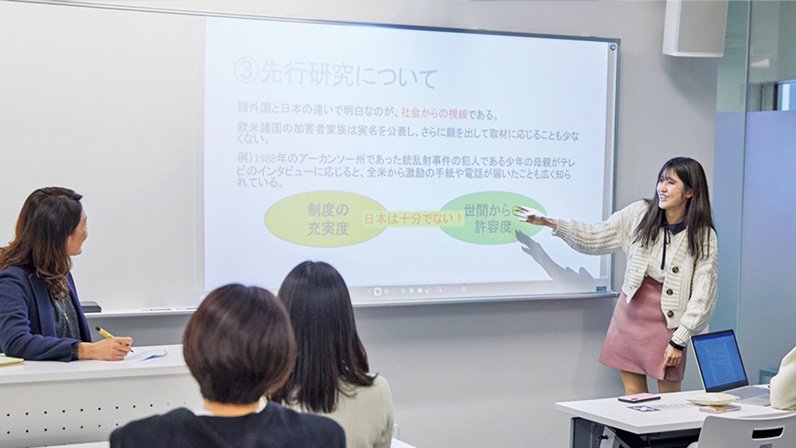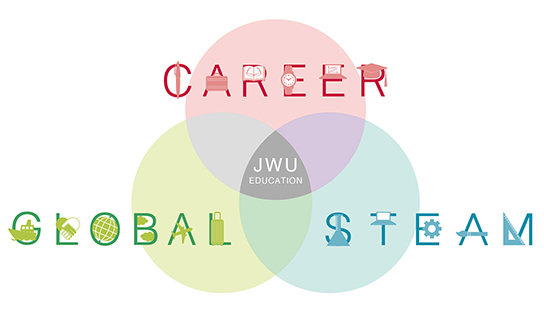To become a person with the practical ability to analyze society from multiple perspectives and conceive solutions for various issues
The Department provides a comprehensive, systematic understanding of our ever-changing contemporary society from a human perspective and an appropriate grasp of its various issues. The Department cultivates students’ abilities to research the field, handle information, analyze social phenomena, and resolve problems. We will look at society from multiple perspectives, ranging from one’s everyday surrounding to international society.
Features of the Department
Understanding contemporary society from multiple perspectives and capturing social trends
Students will study the theories and methodologies of sociology, economics, cultural anthropology, history and other social sciences to rethink contemporary society from multiple perspectives. In addition, while taking into account social changes, students will think from the micro perspectives of individuals, families, and corporations as well as a comprehensive perspective spanning the broad areas of various regions, ethnicities, and nations.
Selecting their own research topic and studying it through research and analysis
The curriculum of the Department is classified into two stages (lower/upper stages). In their first and second years, students cultivate an interest in contemporary social issues, learn basic theories and research techniques, and acquire the foreign language skills necessary for specialized studies. In their third and fourth years, students work on specialized research in small-group seminars. While exploring their own interests in a variety of lectures, students learn data collection and analysis techniques such as social research and information processing.
High employment rate for graduates of the Department, based on their capacity to active participate in a variety of fields
The various perspectives and problem-solving skills acquired in this Department can be utilized in a wide range of occupations. Students can also obtain licenses in teaching junior or high school social studies and teahing high school civics/geography and history.
Four years of study at the Department of Studies on Contemporary Society
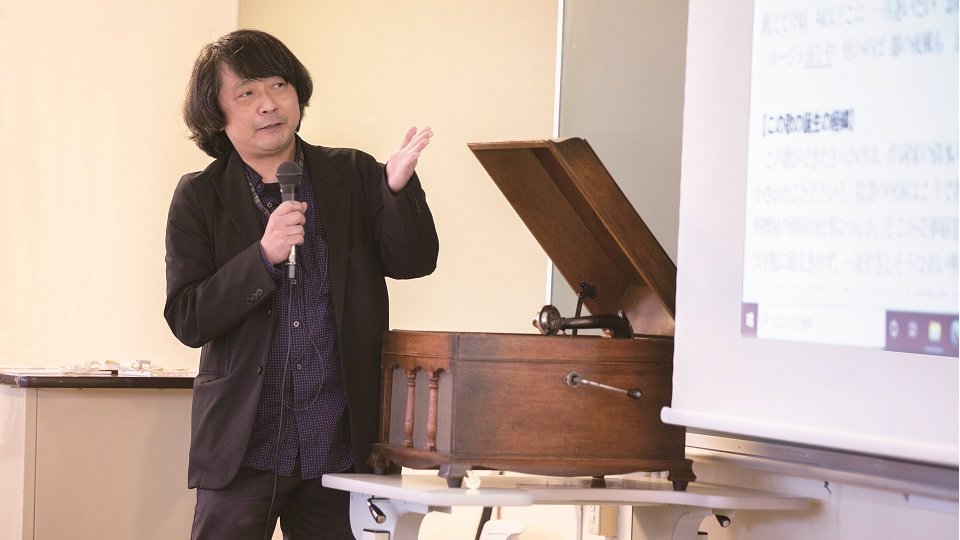
First year: Learning the foundation of sociology through the Basic Seminar
Students will learn the basic theories required for sociology, mainly through the "Basic Seminar" (including relay lectures and individual seminars taught by all the faculty members in the Department).
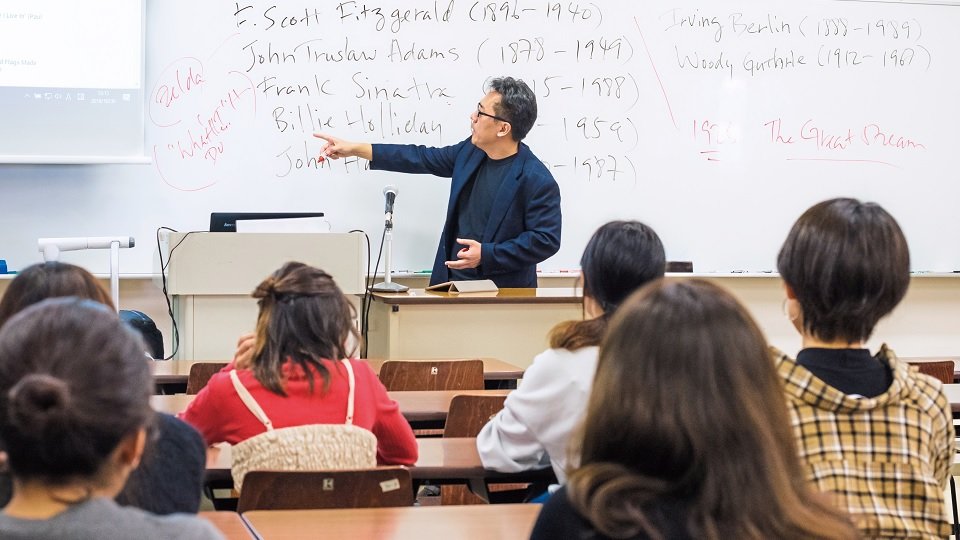
Second year: Taking specialized courses and determining the direction of one’s own interests
Students begin to take specialized courses, which build on the foundation of their first year, study specialized areas, and start establishing the direction of their own interests.
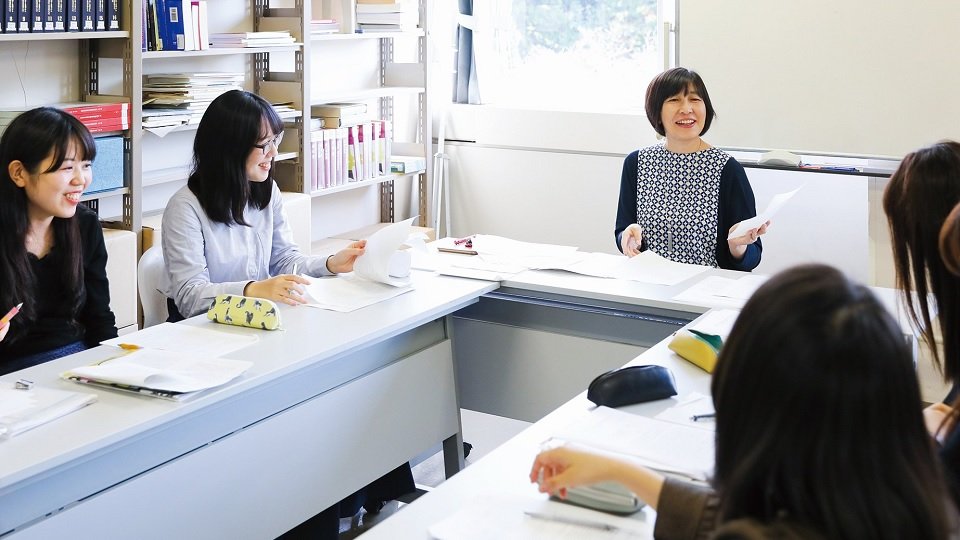
Third year: Participating in a graduation study seminar to deepen one’s knowledge and understanding
From the third year, students will participate in a graduation study seminar. Based on their own interests, students will advance their specialized studies and deepen their knowledge and understanding.
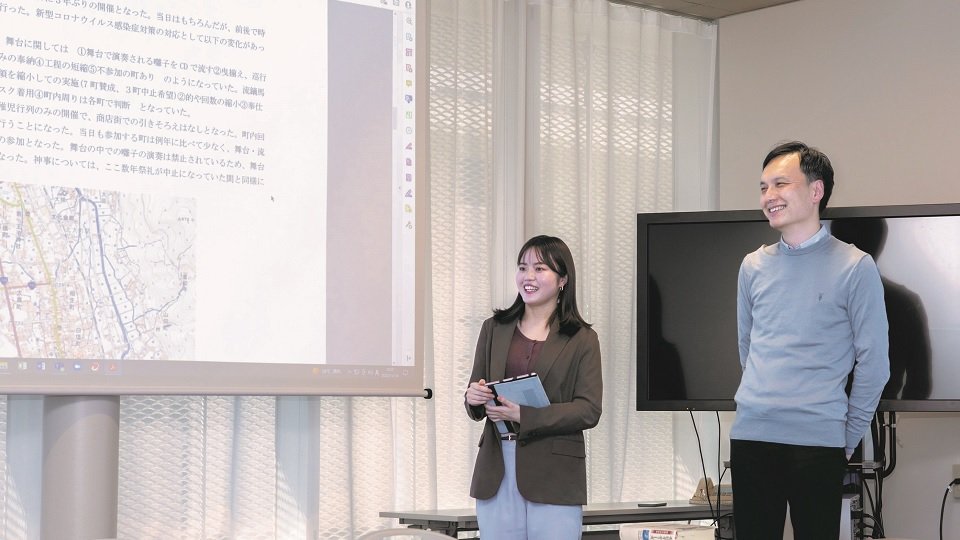
Fourth year: Gaining an original perspective through graduation thesis writing
Students will deepen their studies in their specialized area while writing their graduation thesis and acquiring a unique perspective on contemporary society.
Class introduction
Seminar I
What do people need today, as many areas of society are becoming unstable?
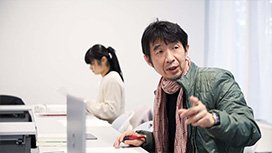
Professor
Sociology (urban studies, social movements, labor problem)
Amid widening inequality due to the neoliberalization of society, employment and other areas of society are increasingly becoming unstable. In such a society, the concepts of “commons” (collective property) and “commoning” (coopeative labor) are attracting attention. In this class, we will examine cultural practices that re-create the commons by considering concrete examples, such as the third place, women's labor, care (child rearing and childcare), and urban spaces.
Through their studies in the Department, students will develop their imagination in relation to other societies, cultures, and lives and, as they acquire the ability to relativize their own values, will experience their own growth.
Faculty member introduction
Faculty members with a wide range of specialties provide education.

